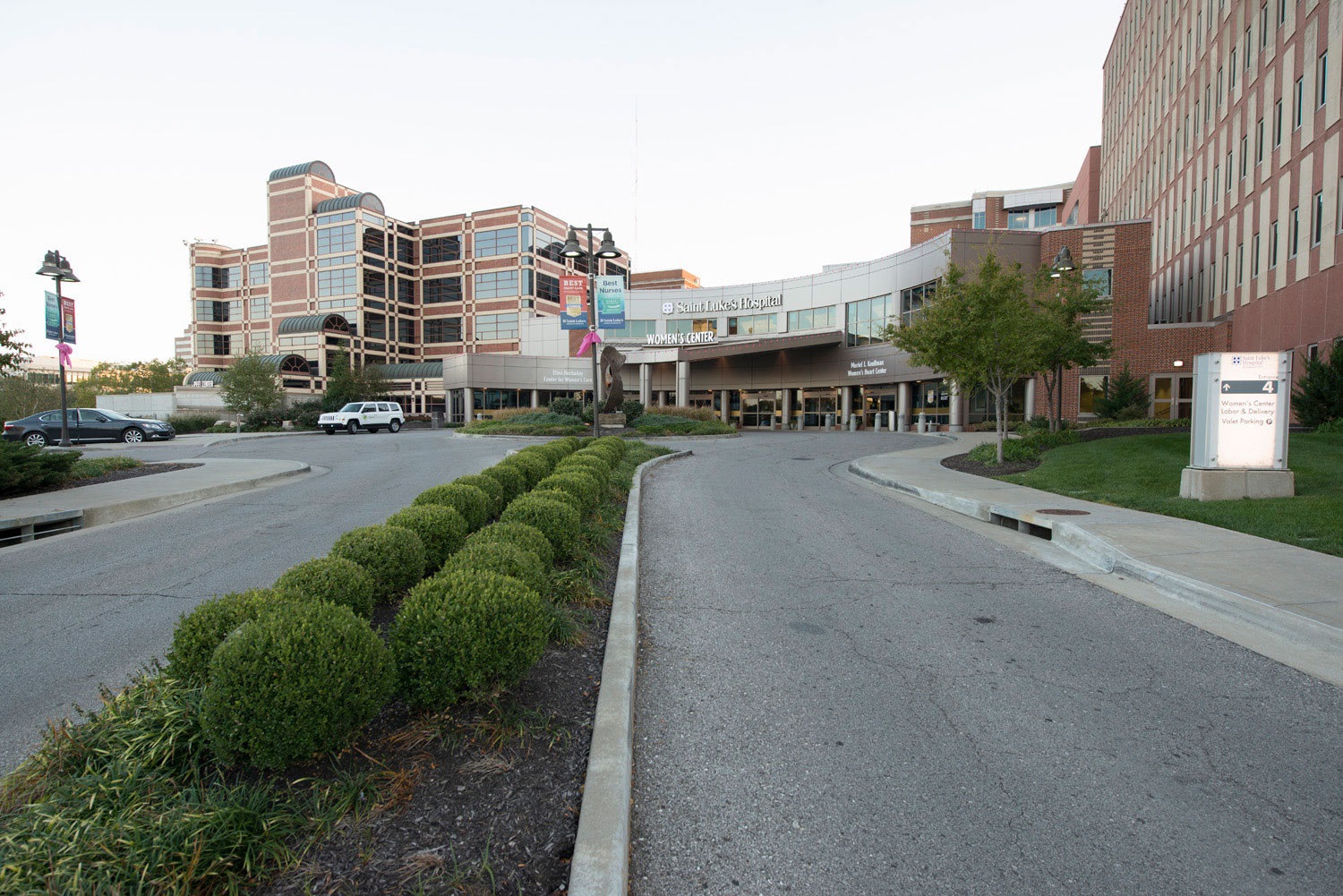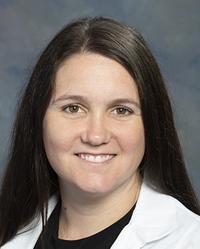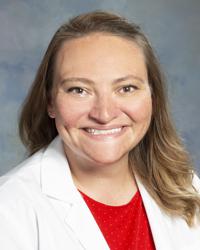Saint Luke's Hospital Koontz Center for Advanced Breast Cancer
- Call for hours

Saint Luke’s Hospital Koontz Center for Advanced Breast Cancer has a singular goal: to improve the quality of life for individuals with advanced breast cancer. Our team is dedicated to caring for the whole person—not just the cancer.
Saint Luke's Hospital Koontz Center for Advanced Breast Cancer, launched in October 2016, is recognized as the first center in the U.S. dedicated exclusively to the comprehensive care of Stage 4 breast cancer, also known as metastatic breast cancer.
Our singular purpose is to improve outcomes for patients with metastatic breast cancer: live longer, while living better.
Schedule with Saint Luke’s Koontz Center for Advanced Breast Cancer by calling 844-522-2201.
Access the Latest Clinical Trials
Foundational to improving outcomes is a focus on clinical studies of new therapies for metastatic breast cancer. Since our inception, the Koontz Center has enrolled hundreds of patients in clinical trials, including pivotal studies that have led to FDA approval of five new drugs.
The Koontz Center also studies methods to maximize physical functioning, psychological health, and quality of life.
Precision Genomics
You are unique. So is your cancer. We use precision oncology including genomic sequencing, liquid biopsies, and molecular monitoring to ensure patients get the right treatment, at the right time, based upon their individual cancer characteristics—which may change over time.
Comprehensive Care
Through continued research, the survival rate for patients with metastatic breast cancer is improving. With that, we also focus on enabling patients to maximize quality of life through minimizing the impacts of cancer and its treatments. The Koontz Center for Advanced Breast Cancer focuses on supporting patients and families through an integrative care model incorporating psychologists, nutritionists, physical therapists, and social workers—all available in the Center. We are also constantly assessing the needs of our patients and developing additional supportive programs.
Learn more about our integrative therapies.
What to Expect
During the first consultation, patients meet with our team of metastatic breast cancer experts. At the end of the visit, patients receive a customized treatment plan that incorporates the recommendations of the entire care team.
Learn what to expect at your consultation.
Second Opinions
Get a Koontz Center for Advanced Breast Cancer expert opinion by calling 844-522-2201. We'll be in touch in 24 to 48 business hours.
Schedule a Consultation
Providers

Kelly Gast, MD
Hematology/Oncology
Internal Medicine

Whitney Hensing, MD
Hematology/Oncology
Internal Medicine

Timothy Pluard, MD
Hematology/Oncology

Shelby Davis, RN, APRN
Nurse Practitioner

Kadie Harry, PhD
Psychology

Kathryn Nengsu-Kenfack, RN, APRN
Nurse Practitioner
Recent News
News
KMBC: Wisconsin Women Finds Hope At Saint Luke's After Stage 4 Breast Cancer Diagnosis
Article
Health News You Can Use: Managing Breast Cancer Treatment Side Effects
Patient Stories
After Diagnosed with Deadly Form of Breast Cancer, Woman Sees Extraord
Article
Giving in Action: An Unforgettable Journey: National Breast Cancer Foundation
Patient Stories